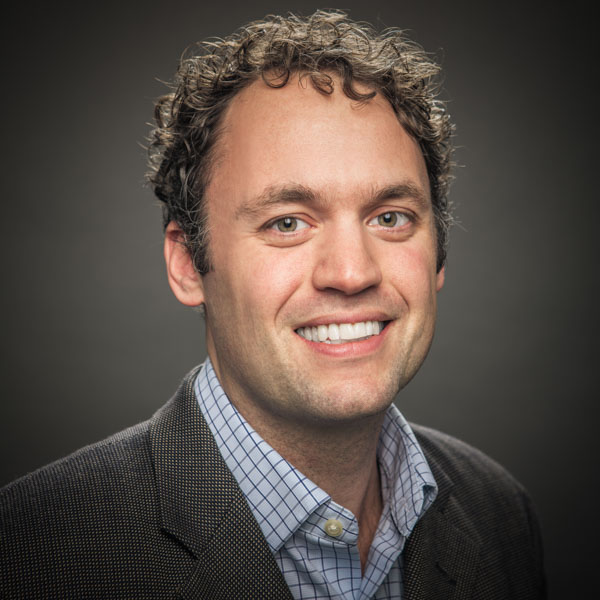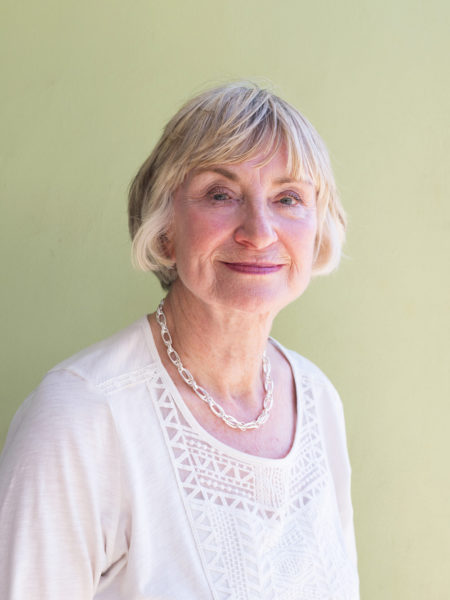Winrock’s Pearson is Guest Editor of the Journal Forests
Publication features work of Winrock staff on seminal REDD+ work
WASHINGTON, D.C. — February 8, 2021 — Winrock Ecosystem Services Director Dr. Timothy Pearson is the guest editor of a recently published special issue of the journal Forests titled “REDD+: Protecting Climate, Forests and Livelihoods.” The issue includes 12 articles by leading practitioners in the field addressing the efforts taken under REDD+, with topics including greenhouse gas accounting, climate finance, carbon markets and climate policy. It also includes two peer-reviewed articles by Winrock staff, including the final article written by the late Dr. Sandra Brown, Winrock senior scientist and former Ecosystem Services director, whose methods for evaluating, quantifying and predicting the benefits of improved land management revolutionized the world of carbon accounting.

“REDD+ (Reducing Emissions from Deforestation and Degradation plus enhancement of stocks, conservation, and sustainable management of forests) is a global effort for accounting and promoting payment for positive forest impacts. REDD+ programs have grown globally over the last ten years,” Pearson says. “I’m pleased that we could assemble such an array of thoughtful pieces on this important topic, and I’m especially gratified that we could make possible the posthumous publication of Dr. Sandra Brown’s important paper.”
The paper, originally written by Brown with co-authors Abu Mahmood, Katie Goslee, Tim Pearson, Hansrajie Sukdheo, Daniel Donoghue and Pete Watt, is a research article addressing accounting for greenhouse gas emissions from difficult-to-measure minor sources of emissions. To date countries have only included the most easily monitored emission sources, with a particular focus on deforestation. The paper, which uses as a case study forest-edge degradation resulting from mining in Guyana, proposes a method that can be applied inexpensively anywhere in the world, allowing countries to fully account for greenhouse gases. Brown was pivotal in designing this important contribution to carbon accounting, assisted by Goslee, Pearson and partners at the Guyana Forestry Commission, Durham University and Indufor Asia-Pacific.

The other paper authored by Winrock staff — Katie Goslee, Tim Pearson, Blanca Bernal and Sophia Simon — as well as the Guyana Forestry Commission’s Hansrajie Sukhdeo, describes options for a pragmatic yet complete accounting for all greenhouse gas emissions from forest uses, balancing the cost of methods with their accuracy depending on the scale of contribution of each emission source. The accounting approach Winrock has developed for Guyana’s REDD+ system enables inclusion of all emission sources while considering the significance of each, and provides recommendations for scaling the approach to other countries. The method provides a framework for other countries interested in doing complete REDD+ accounting without incurring excessive costs.
Both papers by Winrock staff are the result of a 10-year partnership between the Guyana Forestry Commission and Winrock, which has helped the commission develop its Forest Carbon Monitoring System and supported it in having the first REDD+ Reference Emission Level approved by the United Nations Framework Convention on Climate Change in 2014. Over time, Winrock and the Guyana Forestry Commission have refined the monitoring system, identifying and improving shortcomings to create a comprehensive but cost-effective system. These two articles highlight this process and the lessons learned, which are valuable and applicable beyond Guyana.
For more information, click here. The special issue, which will also be published as a book, is available here.
